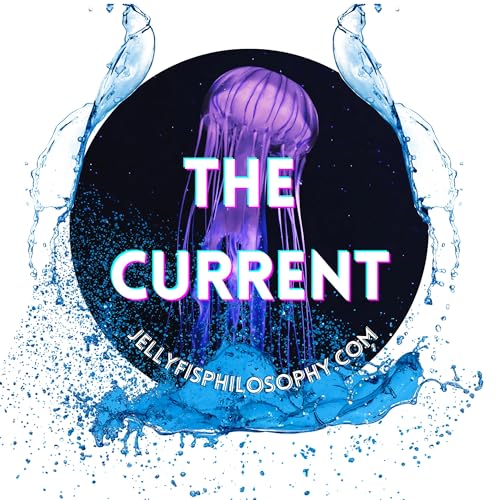When Your People Are in Different Realities
For the past three weeks, we've been exploring the information epistemic crisis from a structural perspective: how algorithms work, why verification is exhausting, how echo chambers form, why we can't agree on truth anymore.
Today gets deeply personal.
We're talking about what the epistemic crisis actually feels like in your relationships. In your family. With people you love.
In today's family and friends network you are almost certain to have someone you used to interact with where that interaction has changed. Eggshells may now be part of your every interaction.
Today we explore a personal experience within my own network where this has impacted how we interact as a unit, and how we've all had to make changes to accommodate this new dynamic. But perhaps more importantly, how we're able and allowed to grieve over the loss of those connections.
The person is still there. The love and respect is still there. But the connection - the ability to think through the world together - that's gone - or at least, not the same.
And it hurts in a way that's hard to explain to people who haven't experienced it.
The Grief is Real
This isn't just "different opinions." This is loss.
The loss of:
- Being able to think together
- Mutual respect for each other's thinking
- Shared concern about the same things
- Trust in each other's judgment
- The future you imagined with this person
All of these losses are real. And they deserve to be honored, not minimized.
Why This is So Hard
- It threatens your identity (relationships are part of how we understand ourselves)
- It feels like betrayal (even though it's not)
- It's invisible to others (no one can see this grief)
- There's no resolution (it doesn't get better with time like other grief)
- You're helpless (you can't make them see what you see)
What Doesn't Work
I share what I've tried that hasn't worked:
What Might Help
Not solutions - because there aren't easy solutions. But approaches that have helped me find some peace:
The Grief Acknowledgment Practice:
Pick one person you're experiencing this division with. Write down (just for yourself):
- What am I grieving about this relationship? Be specific.
- What do I still have with this person? What's still good?
- What's one small way I can connect this week that doesn't require shared reality?
Connection doesn't always require conversation. Sometimes it requires shared experience, shared silence, shared presence.
This episode is for you if:
- You've lost the ability to have real conversations with someone you love
- You feel grief over a relationship that's still physically there but emotionally distant
- You're tired of surface-level conversations when you used to go deep
- You wonder how someone you respect can believe things that seem so wrong
- You're carrying invisible grief that nobody else seems to understand
Wednesday: We explore the psychology of motivated reasoning - why smart, good people believe things that seem obviously wrong to us. We'll look at confirmation bias, identity-protective cognition, and how our tribal affiliations shape what we can even hear.
It won't solve the problem. But understanding might lead to compassion.
grief, relationships, family division, political division, epistemic crisis, information bubbles, echo chambers, connection, boundaries, emotional wellness, mental health, family dynamics, disagreement, shared reality
 2025/11/0535 分
2025/11/0535 分 18 分
18 分 25 分
25 分 18 分
18 分 32 分
32 分 27 分
27 分 25 分
25 分 20 分
20 分
